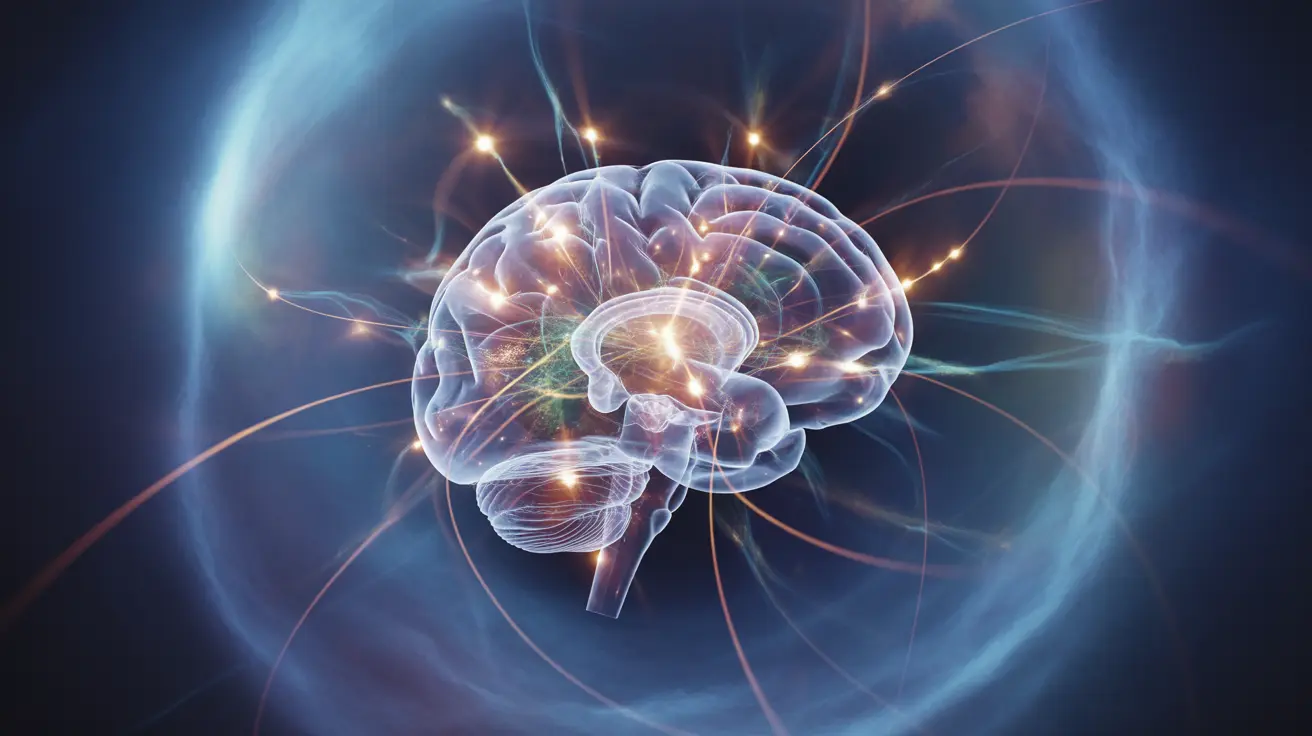Keeping your brain sharp and active is just as important as maintaining physical fitness. Brain exercises offer a powerful way to enhance cognitive function, improve memory, and potentially reduce the risk of mental decline as we age. Understanding and implementing effective brain training strategies can make a significant difference in your mental acuity and overall brain health.
In this comprehensive guide, we'll explore various brain exercises that can help strengthen your cognitive abilities, from simple daily activities to more structured mental workouts. We'll also examine how these exercises can benefit different aspects of brain function and provide practical ways to incorporate them into your routine.
Understanding Brain Exercise Benefits
Regular mental exercise strengthens neural connections and can help create new brain cells. This process, known as neuroplasticity, allows our brains to adapt and grow throughout our lives. When we engage in challenging mental activities, we're essentially giving our brain a workout, much like how physical exercise builds muscle strength.
Essential Brain Training Activities
Strategic Games and Puzzles
Games that challenge your thinking skills provide excellent mental exercise. Consider incorporating these activities into your routine:
- Crossword puzzles
- Sudoku
- Chess
- Bridge
- Strategy-based video games
- Jigsaw puzzles
Learning New Skills
Acquiring new knowledge and abilities is one of the most effective ways to exercise your brain. Consider these learning opportunities:
- Playing a musical instrument
- Learning a new language
- Taking up photography
- Studying dance choreography
- Learning to cook new cuisines
Social and Interactive Activities
Social engagement provides vital mental stimulation. Participate in activities such as:
- Group discussions
- Book clubs
- Debate groups
- Teaching others
- Collaborative projects
Physical Exercise for Brain Health
Physical activity plays a crucial role in maintaining cognitive function. Regular exercise increases blood flow to the brain, promotes the growth of new brain cells, and reduces the risk of conditions that can lead to memory loss. Include these activities in your routine:
- Aerobic exercises
- Walking or jogging
- Swimming
- Dancing
- Yoga or tai chi
Daily Brain-Boosting Habits
Simple daily activities can provide effective brain exercise:
- Using your non-dominant hand for routine tasks
- Taking new routes while driving or walking
- Mental math instead of using a calculator
- Reading diverse types of material
- Writing by hand
- Memorizing phone numbers or grocery lists
Frequently Asked Questions
What are the best brain exercises to improve memory and cognitive function?
The most effective brain exercises combine novelty and challenge. These include learning a new language, playing musical instruments, solving complex puzzles, and engaging in strategy games. The key is to choose activities that push you slightly out of your comfort zone while remaining enjoyable and engaging.
How does physical exercise benefit brain health and prevent cognitive decline?
Physical exercise increases blood flow to the brain, stimulates the production of growth factors that support new brain cell formation, and reduces inflammation. Regular aerobic exercise has been shown to improve memory, attention, and processing speed while potentially reducing the risk of cognitive decline.
Can learning new skills or playing strategy games help delay dementia?
Research suggests that engaging in mentally stimulating activities, particularly learning new skills and playing strategy games, may help reduce the risk of dementia. These activities create cognitive reserve, which can help the brain better cope with age-related changes and potential damage.
How often should I do brain exercises to see improvements in mental acuity?
For optimal results, aim to engage in brain exercises for at least 15-30 minutes daily. Consistency is more important than duration, and it's beneficial to vary the types of exercises you do to challenge different cognitive skills.
Are there simple daily activities that can effectively boost brain function?
Yes, many everyday activities can serve as effective brain exercises when done mindfully. Reading, writing by hand, learning new recipes, taking alternative routes while traveling, and engaging in meaningful conversations all contribute to maintaining cognitive function.




